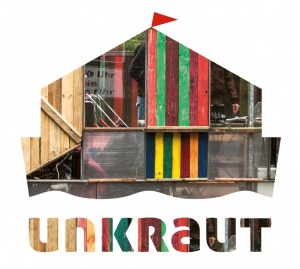Programme
Kammerkonzerte auf öffentlichen Plätzen und Gewässern Berlins
12 noon: Start at the Eastside Gallery
1 - 2.30 p.m.: Landwehrkanal to Urbanhafen
15 - 16.30 hrs: Urbanhafen and Landwehrkanal
5 - 6 p.m.: Treptower Park and Insel der Jugend
All times without guarantee.
Artists
Ensembles des DSO
Making the City Sound
Under the motto 'Berlin needs music!', the DSO will swarm out for the third time on the last weekend in August to make the metropolis resound. Chamber music ensembles from the orchestra will be out and about in the city with an open, entertaining and inviting concert program, bringing music directly to the people.
Making the City Sound
Before the composer Jean Sibelius fell almost complete silent in the last 30 years of his life, he displayed a noticeable tendency towards compacting and condensing in terms of length in his late works. The Seventh Symphony, which premiered in 1924, consists of one single movement and lasts just over 20 minutes. Sibelius’s last completed orchestral composition, the tone poem ‘Tapiola’, performed in New York for the first time two years later, is even shorter, if only by a little. A prose poem preceding the work speaks of “Northland’s gloomy forests”, “wild dreams” and the “great god” of the forests. The title of the piece refers to that latter mythological figure from the Finnish-Karelian epic ‘Kalevala’. In his composition, marked by incessant thematic metamorphoses and drawn-out climaxes, Sibelius once again demonstrates his ability to create an enigmatic and at the same time suggestive atmosphere.





